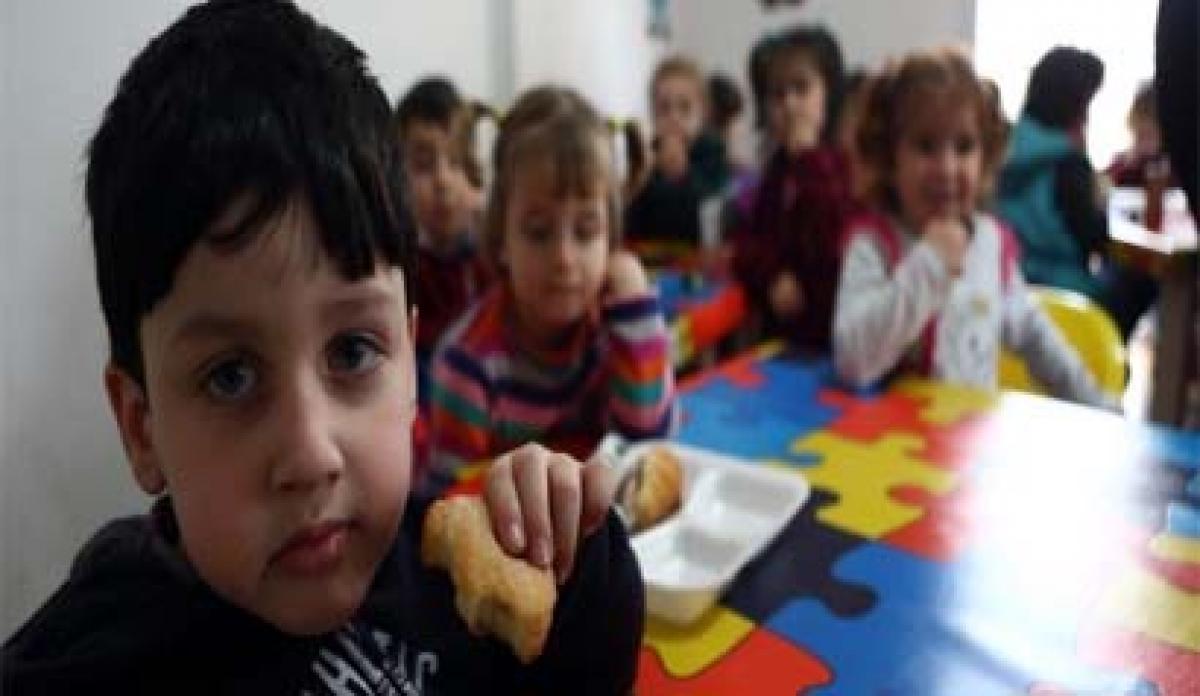Live
- ‘Sarangapani Jathakam’ teaser set for Nov 21st release
- Nadendla Manohar announces WhatsApp services for grain purchase
- AP DCM Pawan Kalyan Addresses Public Rally in Ballarpur, Maharashtra
- ‘Pushpa The Rule’ trailer launch event: Massive fan frenzy in Patna
- Jyothika slams negative campaign on ‘Kanguva’
- It’s official: Naga Chaitanya and Sobhita Dhulipala to tie the knot in December
- ‘Kantara: Chapter 1’ locks release date for Oct 2025
- Telangana to Implement New EV Policy from Tomorrow, Aims for Cleaner Environment
- I was surprised with ‘Zebra’ script: Dolly Dhananjaya
- Aadi Saikumar’s ‘SI Yugandhar’ launches with grand pooja ceremony









